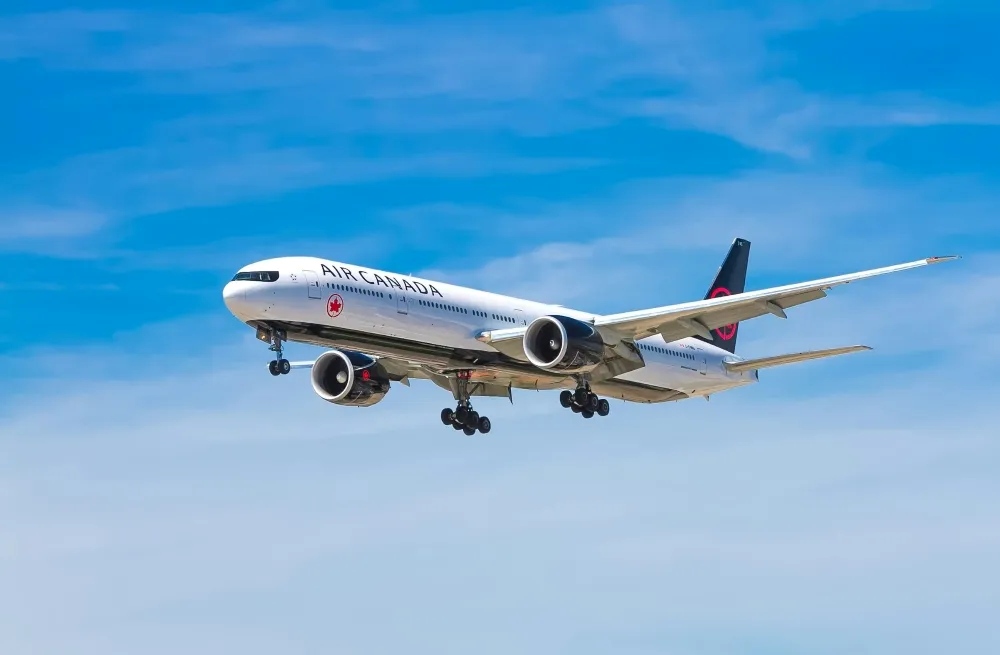L’industrie de l’aviation a pris un engagement majeur en vue d’atteindre zéro émission nette de dioxyde de carbone (CO2) d’ici 2050. Pour concrétiser cette ambition, des mesures concrètes sont nécessaires dans plusieurs domaines clés. C’est dans ce contexte que l’Association Internationale du Transport Aérien (IATA) a présenté une série de feuilles de route détaillées, offrant des orientations précises pour accélérer la transition vers une aviation durable.
L’une des composantes essentielles de cette transformation est le développement de technologies aéronautiques plus efficaces. Les avions et moteurs nouvelle génération doivent être conçus pour être plus économes en énergie, réduisant ainsi la consommation de carburant et les émissions de CO2. Des progrès significatifs sont attendus grâce à l’utilisation de carburants durables tels que les carburants d’aviation durables (SAF), l’hydrogène et les batteries, offrant ainsi la possibilité de voler sans émissions de carbone et contribuant à la réduction globale des émissions de l’aviation.
Pour soutenir l’utilisation de carburants durables, il est nécessaire de développer une infrastructure énergétique adaptée. Les biocarburants d’aviation et l’hydrogène sont identifiés comme des alternatives prometteuses pour réduire les émissions du secteur. Des investissements considérables seront nécessaires pour mettre en place des raffineries de biocarburants et des installations de production d’hydrogène à grande échelle. De plus, la capture et le stockage du CO2 joueront un rôle crucial pour neutraliser les émissions résiduelles associées à l’utilisation de carburants conventionnels et durables.
Les opérations aériennes jouent également un rôle clé dans la réduction des émissions de carbone. L’amélioration de la gestion du trafic aérien et l’optimisation des opérations des avions existants permettront de réduire la consommation de carburant et d’améliorer l’efficacité globale du système de transport aérien. L’automatisation, la gestion des données et l’intégration de nouvelles technologies sont des éléments clés pour mettre en place des systèmes de gestion du trafic aérien plus efficaces.
La transition vers une aviation durable nécessite également des actions politiques et un soutien financier adéquat. Des politiques stratégiques mondialement alignées sont nécessaires pour fournir des incitations et un soutien à la transformation de l’industrie de l’aviation vers un avenir sans émissions nettes. Des investissements importants, tant publics que privés -estimés à 5 milliards de USD- seront nécessaires pour soutenir la recherche, le développement et la mise en œuvre de nouvelles technologies et d’infrastructures. Une collaboration étroite entre l’industrie de l’aviation, les gouvernements, les fournisseurs et les investisseurs est essentielle pour assurer une transition en douceur vers une aviation plus respectueuse de l’environnement.








